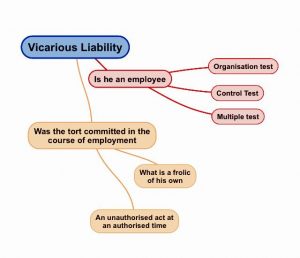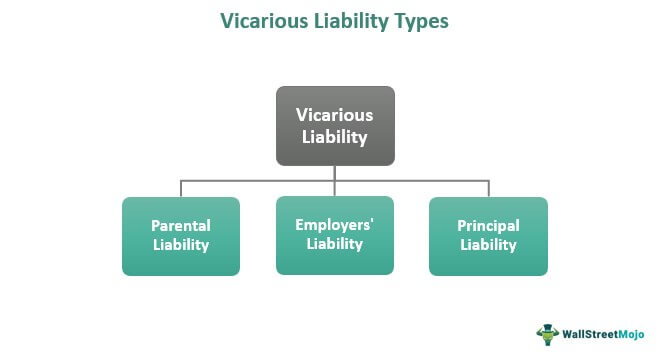Vicarious liability is a legal concept that holds an employer or principal responsible for the actions or omissions of their employees or agents. This means that an employer can be held liable for the harm caused by their employees or agents, even if the employer did not personally participate in the wrongdoing. In the United Kingdom, vicarious liability is governed by the law of tort, which is a branch of civil law that deals with civil wrongs and remedies for those wrongs.
Under UK law, an employer can be held vicariously liable for the actions of their employees if the employee was acting within the scope of their employment at the time the harm was caused. This means that the employee must have been performing their job duties, or acting on behalf of their employer, when the harm occurred. For example, if an employee of a delivery company causes an accident while driving a company vehicle, the employer could be held vicariously liable for the harm caused by the accident.
In order to be held vicariously liable, an employer must have a sufficiently close relationship with the employee or agent who caused the harm. This means that the employer must have control over the employee or agent, and the employee or agent must be acting on behalf of the employer at the time the harm was caused. For example, a company that hires independent contractors to perform a task would not be vicariously liable for the actions of those contractors, as the contractors are not considered employees and are not acting on behalf of the company.
Vicarious liability can also extend to the actions of an employee or agent outside of the scope of their employment, if the actions were carried out in the course of their employment or were closely connected to their employment. For example, if an employee of a restaurant gets into a fight with a customer while off duty, the employer could still be held vicariously liable if the fight arose out of an incident that occurred while the employee was on duty.
In addition to vicarious liability, an employer can also be held directly liable for the actions of their employees or agents if the employer was negligent in hiring, training, or supervising the employee or agent. For example, if an employer fails to properly train their employees on how to handle hazardous materials and an employee causes harm as a result, the employer could be held directly liable for the harm caused.
Vicarious liability is an important concept in UK law, as it holds employers accountable for the actions of their employees and helps to ensure that victims of harm are able to seek compensation for their injuries. It is important for employers to understand their potential liability and take steps to prevent harm from occurring in the workplace.








